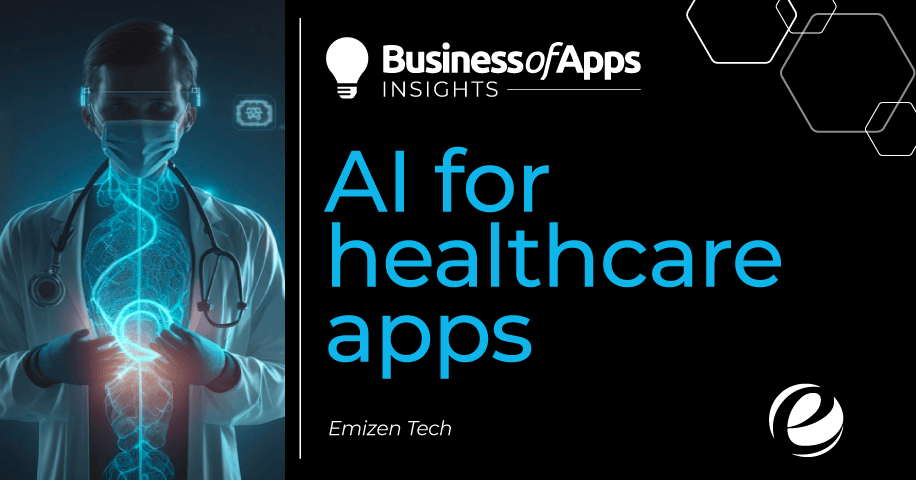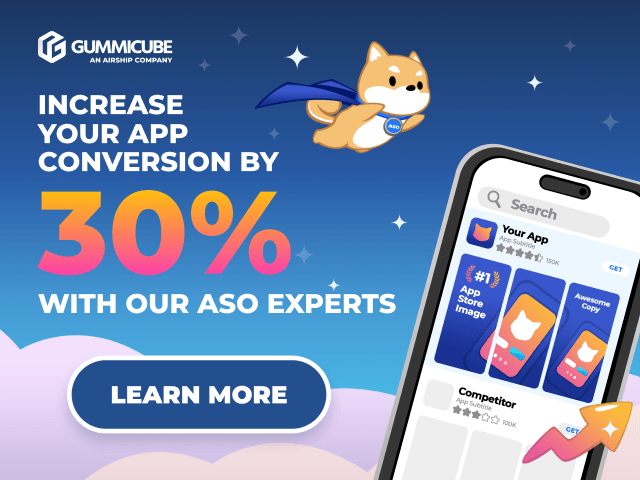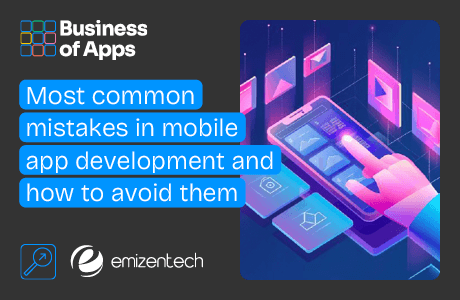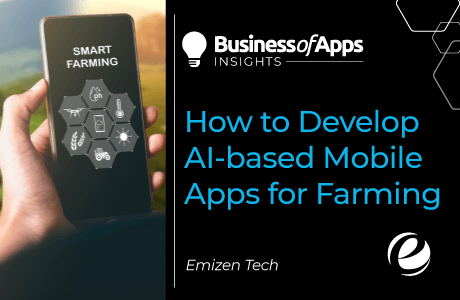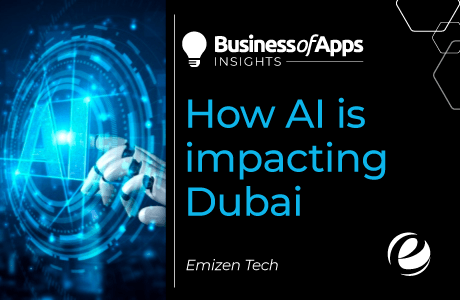AI and ML brought incredible changes in a number of industries. AI has emerged as a great transformative force, especially in the healthcare industry. The evolving use of AI apps in healthcare can break traditional boundaries and revolutionize medical diagnostics, treatments, and patient care.
The global healthcare AI market size was valued at USD 15.4 Billion in 2022 and is expected to grow with a CAGR of 37.5% from 2023-2030. The growing datasets are sufficient to show how AI is changing the healthcare industry.
This blog will introduce you to the use cases of AI in the healthcare industry to learn how they empower the segment.
Why use AI for healthcare?
- It uses machine learning (ML), natural learning processing (NLP), deep learning, chatbots, and other AI software and tools, which enables the industry to streamline administrative tasks and enhance the health professional and patient experience.
- Artificial intelligence in healthcare improves health diagnosis, medicine discoveries, and treatments and monitors patients’ health.
AI apps for healthcare
Support medical image analysis
AI-powered apps enable medical experts to receive in-depth insights into reports and images to avoid missing important details while reading data like electronic health records (EHRs). The algorithms of AI apps can analyze digital assets, such as images, at high speed to track crucial information.
- Accurate diagnosis
- Avoid errors during analysis
- Personalized medical reports and image evaluation
- Early detection of diseases
Customer services chatbots
The AI chatbots use natural language processing (NLP) technology, which sorts out queries regarding doctor appointments, bill payments, identifying illnesses through medical symptoms mentioned, and others. Patients can effortlessly address their medical concerns by engaging in conversations with chatbots. This AI healthcare solution also refers patients to advanced personalized treatments for better outcomes.
- Quick diagnoses
- 24*7 accessibility
- Enhanced customer engagement
- Accurate symptoms assessments
- Remote monitoring and disease management
Helpful for clinical decisions
AI applications can store and process large datasets and facilitate data evaluation effectively. Artificial intelligence tools thoroughly observe a patient’s medical data and facilitate recommendations individually, thereby improving clinical decision-making. Moreover, advanced transcription generation and text summarization techniques can extract the main crux of the conversation between physicians and patients in accurate highlights.
- Real-time monitoring and health alerts
- Remote consultation and telemedicine
- Reduction in mental loads for health professionals
- Efficient workflow
Conduct cancer diagnosis
An artificial intelligence model exists to identify cancer in its development stage. It can speed up the disease diagnosis and fast-track the patient’s condition to provide quick treatments with an early detection process. AI can detect cancer risks when the condition is not fatal and save lives.
- Early detection results to increase survival rates
- Improved accuracy during cancer diagnosis
- Large medical report analysis in less time
Virtual health assistance
Virtual health assistant helps in multiple ways, such as responding to patients for routine health checks, keeping medical records, scheduling appointments with doctors, following up with health recovery status, etc.
- Health monitoring
- Enhanced patient engagement
- Patient data collection and monitoring
- Remote medical consultation
Accurate treatment
With AI and deep learning, apps can detect health problems quickly and share accurate medical treatment with patients according to their condition.
- Fast health condition evaluation
- Personalized treatment
- Real-time health monitoring
- Drug repurposing for rare disease treatment
Doing repetitive tasks
AI can help complete repetitive medical tasks without errors, such as evaluating medical reports, data entry, CT Scans, X-rays, etc.
- Handle administrative tasks
- Medication treatment management
- Data analysis by medical reports and images
- Chatbots for real-time problem solving
Robot-assisted surgeries
Robot-assisted surgeries gained immense popularity in the healthcare industry. Many hospitals are implementing robotics in their surgical processes, which helps surgeons complete their tasks with precision, control, and flexibility. The technology can be used in intense operations such as open heart or spine surgeries.
- Lesser complications during surgeries
- Lesser pain for patients
- Steady and controlled movements during delicate processes
Automation in healthcare tasks
AI helps in automating time-consuming tasks in the healthcare industry. Administrators and medical experts can focus on other important tasks because the other tasks will get done through AI tools in the minimum time possible. Have you heard about Olive? It is an AI-based platform that brings automation and intelligence to healthcare. The tool can handle multiple processes such as cross-verifying unclaimed medical claims, managing medical datasets, transferring important medical data to the respective healthcare professionals, and more.
- Real-time monitoring of patient data
- Reduced the risk of human errors associated with manual medical data-reading
- Cost-effective solution
- Improved patient engagement
Medical record management
The healthcare industry involves huge datasets in its records, which must be organized. There are AI apps like OncoPHR that allow managing all personal medical records. Apart from OncoPHR, other AI platforms can also help to keep all medical records so that healthcare professional gets deep insights into the organized datasets for an accurate patient treatment process.
- Upload and manage medical records
- View medical records in structured and chronological order
- Reduce the burden of managing physical medical report copies
Helpful in new drug formation
Conducting research and undergoing clinical trials to develop new drugs can be very expensive and time-consuming, but AI can help here too.
- Optimizing drug properties
- Clinical trial optimization
- Medical data analysis and integration
- Diseases target identification and validation
AI apps for improved healthcare accessibility
AI technology led to the development of numerous advanced medical software. These AI-based applications are highly interactive and customizable, which also eases the accessibility to healthcare services. Now, patients can book appointments in hospitals anytime and get access to hospitals when required, AI chatbots help to resolve the many queries hospitals get, and even robotic tech helps during surgeries, etc.
- Improved patient experiences
- Organize healthcare data for appropriate use
- Predictive medical analytics for healthcare professionals
Health administration
Administration comprises nearly 25% cost from the total healthcare costs. You can use an AI-based app to improve and streamline admin processes.
- Enhanced data management
- Patient-centric care recommendations
- Strategic decision support
- Effective workflow management
Prescription reader for patients
An AI healthcare app for prescription reading utilizes advanced tech and image processing techniques, which assist patients in understanding and managing prescribed medications.
- Accurate medication understanding
- Enhanced medication adherence (with reminders)
- Medication interaction alerts
- Simplified communication
Genetic health advisory app
A genetic health advisory app uses advanced artificial intelligence technology, which caters to patients with personalized insights and recommendations based on an individual’s genetic profile.
- Early disease detection and intervention
- Enhanced medication selection and dosing precision
- Improved healthcare outcomes
- Genetic insights for accurate diagnoses and treatment decisions
Thinking about diving into the world of AI for healthcare? Why not partner with a trusted AI app development company, experienced in crafting top-notch healthcare apps? Let’s chat today!



